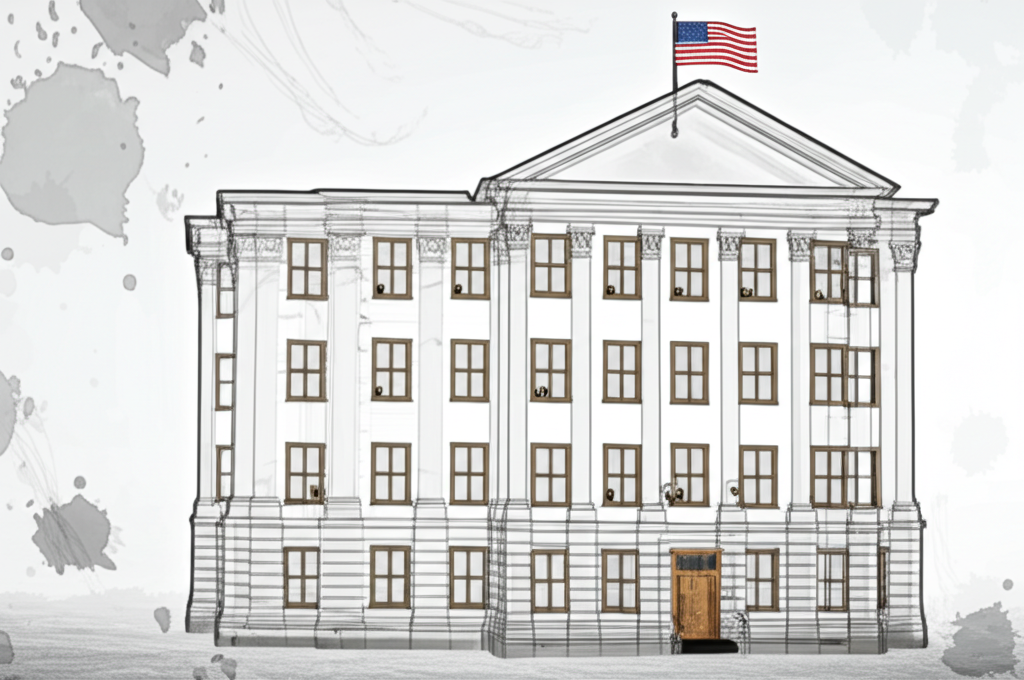Nigeria’s Independent National Electoral Commission (INEC) is getting some serious props from across the border! The electoral commission of Benin Republic, known as CENA, has given INEC a major shoutout, calling it a gold standard for election management in West Africa. They’re not just saying it; they’re putting in the work by visiting INEC to learn the ropes ahead of their own crucial elections in 2026. This move highlights Nigeria’s growing influence in the region’s democratic processes.
Key Takeaways:
- Benin’s CENA views Nigeria’s INEC as a top-tier model for electoral processes.
- A high-ranking CENA delegation visited INEC to study Nigeria’s election strategies.
- Benin is gearing up for complex legislative, local, and presidential elections in 2026.
- INEC is sharing its experience and providing documents to help CENA.
- This collaboration underscores the importance of peer learning in strengthening electoral systems.
Why Benin is Looking to Nigeria
The Commission Electorale Nationale Autonomie (CENA) of Benin Republic is not playing around when it comes to their 2026 elections. They’ve made it crystal clear: they see Nigeria’s INEC as the best in the business for West Africa. Dr. Sacca Lafia, the head honcho at CENA, led a delegation to INEC headquarters in Abuja. It wasn’t just a courtesy visit; they were there to dig deep into Nigeria’s electoral methods. They want to understand everything from the legal framework to the nitty-gritty of printing ballot papers.
What Benin Wants to Learn
The CENA delegation has a specific shopping list of things they want to learn from INEC, including:
- Legal framework for elections: Understanding the rules and laws governing the electoral process in Nigeria.
- Design and Printing of Election Materials: How INEC manages the critical process of creating and producing secure and credible ballot papers.
- Recruitment and Training of Polling Officials: Learning the best practices in selecting and educating the army of officials needed to manage the elections effectively.
- Election Budgeting and Payment Systems: Getting insights on how to budget effectively for elections and manage the payment of personnel and suppliers.
- Security Arrangements: Learning how to secure polling stations and the entire electoral process.
- Use of Technology: Understanding how INEC leverages technology to enhance voter registration, voting, and the declaration of results.
- Accreditation of Observers: Learning the processes involved in allowing both local and international observers to monitor the election.
- Stakeholder Engagement: Understanding how to manage relationships with various groups like political parties, civil societies, and the media during the election period.
INEC’s Response: Ready to Share the Knowledge
INEC Chairman, Mahmood Yakubu, welcomed the Benin delegation with open arms. He highlighted the value of regional collaboration and peer learning in overcoming the many challenges that electoral bodies in West Africa often face. Yakubu assured CENA that INEC is fully ready to share its experiences and provide all the needed documents to boost Benin’s understanding of the election processes. He emphasized that this is a unique opportunity for both bodies to learn from each other’s successes and failures.
Benin’s 2026 Election Challenge
Benin is gearing up for a huge year of elections in 2026, with legislative and local elections in January, followed by a presidential election in April. This is a massive undertaking for the small West African country and it is understandable that they are seeking advice from the most seasoned professionals. The INEC’s experiences will help them navigate what is poised to be the most complex election in their history.
The Big Picture
This collaboration between INEC and CENA shows that countries in West Africa are increasingly supporting each other in establishing good governance. As Nigeria gains recognition for its effective electoral process, it’s not just good for the country. The benefit is felt across West Africa and this will hopefully strengthen the entire region’s democratic processes. It also shows that the hard work that INEC has put in over the years is starting to pay off, not just locally but regionally as well.





